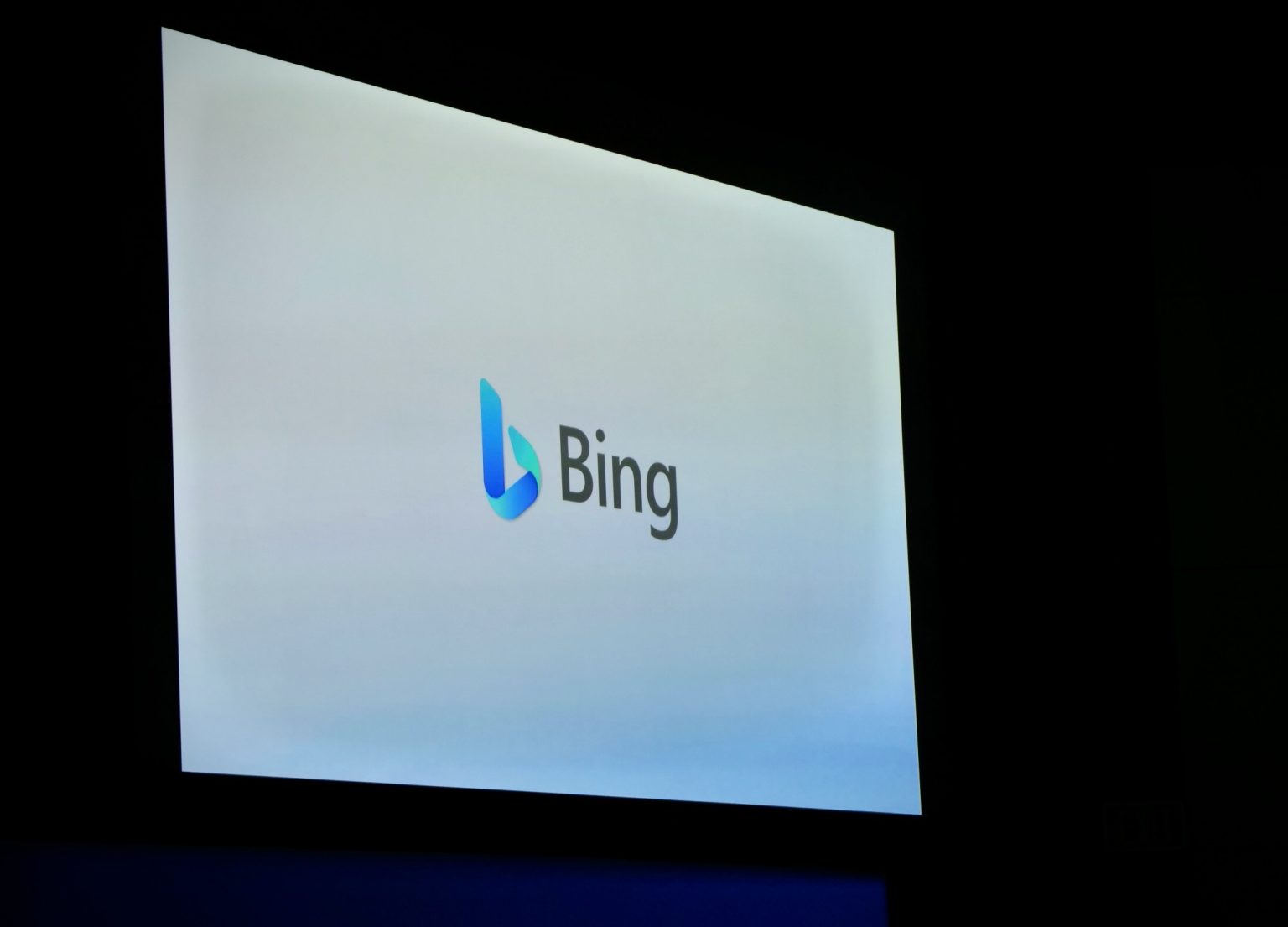Microsoft’s recent maneuvering in the search engine arena has sparked controversy and accusations of mimicking its rival, Google. When a user, specifically one not logged into a Microsoft account, searches for “Google” on Microsoft’s Bing search engine, they are presented with a search results page bearing a striking resemblance to Google’s own interface. This includes a prominent graphic similar to Google’s iconic Doodles, and a subtle automatic scroll that obscures the Microsoft logo at the top of the page, further enhancing the illusion. This design choice appears to be a deliberate attempt to create a sense of familiarity for Google users, potentially leading them to believe they are still on Google’s platform. This tactic only appears when users are logged out of their Microsoft accounts; logging in reverts the search results page to the standard Bing format. While a small disclaimer referencing Microsoft Bing does appear below the search bar, its connection to a charitable initiative may further obscure its significance to the casual observer.
Google’s Chrome VP/GM, Parisa Tabriz, publicly criticized Microsoft’s tactic on X (formerly Twitter), accusing the company of employing deceptive practices to confuse users and limit their choices. Tabriz characterized the move as a “new low” for Microsoft, citing a long history of similar strategies. This sentiment echoes the concerns of many industry observers who view Microsoft’s actions as an attempt to exploit users’ ingrained habits and subtly steer them away from Google. The Verge, a prominent technology news outlet, explicitly labeled the design choice as a deliberate attempt by Microsoft to make Bing appear as Google for the specific “Google” search query. This targeted approach suggests a calculated effort to capitalize on users’ muscle memory and potentially retain them on the Bing platform.
Windows Latest, another tech news source, framed Microsoft’s approach as a “genius move” to divert users from Google search. This perspective highlights the strategic advantage Microsoft holds as the provider of the default browser (Edge) and search engine (Bing) in the Windows operating system. By leveraging this pre-installed position, Microsoft can subtly influence user behavior and potentially gain market share from its competitors. This integration allows Microsoft to seamlessly integrate Bing into the Windows user experience, making it the default option for many users who may not actively seek out alternative search engines. This inherent advantage gives Microsoft a significant edge in promoting Bing, even if it resorts to tactics that some consider questionable.
Microsoft’s current strategy mirrors past controversies surrounding its dominance in the software market. In the 1990s, the company faced antitrust allegations regarding its preferential treatment of Internet Explorer, the then-default browser in Windows. These allegations centered on Microsoft’s practice of bundling Internet Explorer with its operating system, making it difficult for competing browsers to gain traction. The parallels between this historical precedent and Microsoft’s current approach with Bing raise concerns about potential anti-competitive behavior. While the context has shifted from browsers to search engines, the underlying strategy of leveraging a dominant platform to promote its own products remains a point of contention.
The current situation highlights the ongoing struggle for dominance in the lucrative search engine market. Google holds a commanding market share of around 90%, leaving Bing and other competitors struggling for a foothold. This vast disparity in market share creates an incentive for Microsoft to employ aggressive tactics to gain ground on Google. Given Google’s overwhelming dominance, Microsoft likely sees these strategies as necessary to even the playing field. However, critics argue that such tactics ultimately harm consumers by limiting their choices and potentially hindering innovation in the search engine space. The debate centers on the balance between fostering competition and preventing potentially deceptive practices.
The implications of Microsoft’s strategy extend beyond the immediate competition between Bing and Google. The controversy raises broader questions about user choice, fair competition, and the role of default settings in shaping online behavior. As the digital landscape continues to evolve, the lines between legitimate marketing strategies and potentially manipulative tactics become increasingly blurred. This incident underscores the need for ongoing scrutiny and discussion about the ethical considerations surrounding the design and implementation of online platforms and services. The long-term consequences of these practices could significantly impact the future of the internet and how users access information online. Regulators and industry stakeholders must carefully consider the potential ramifications of allowing companies to leverage their dominant positions to influence user behavior and potentially stifle competition.















